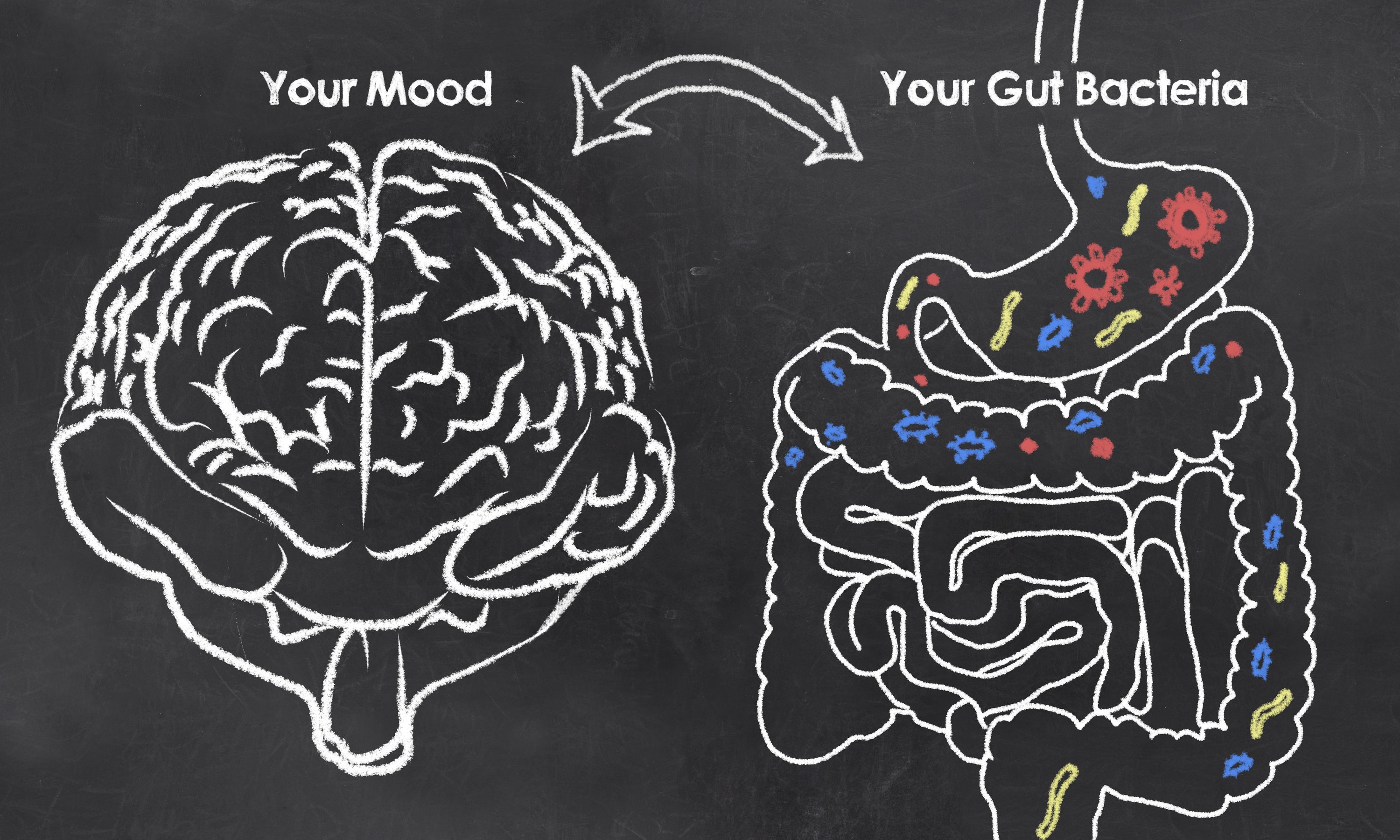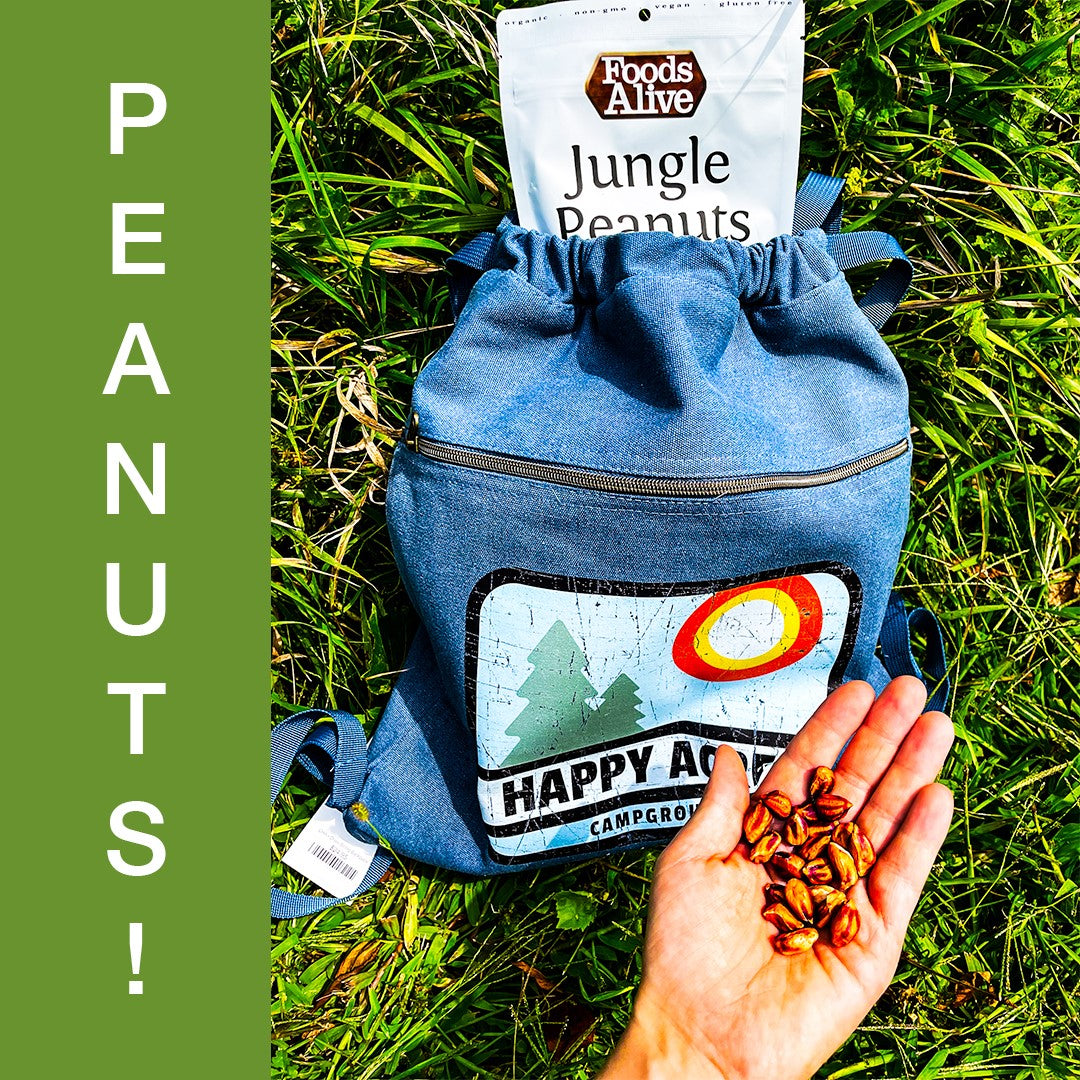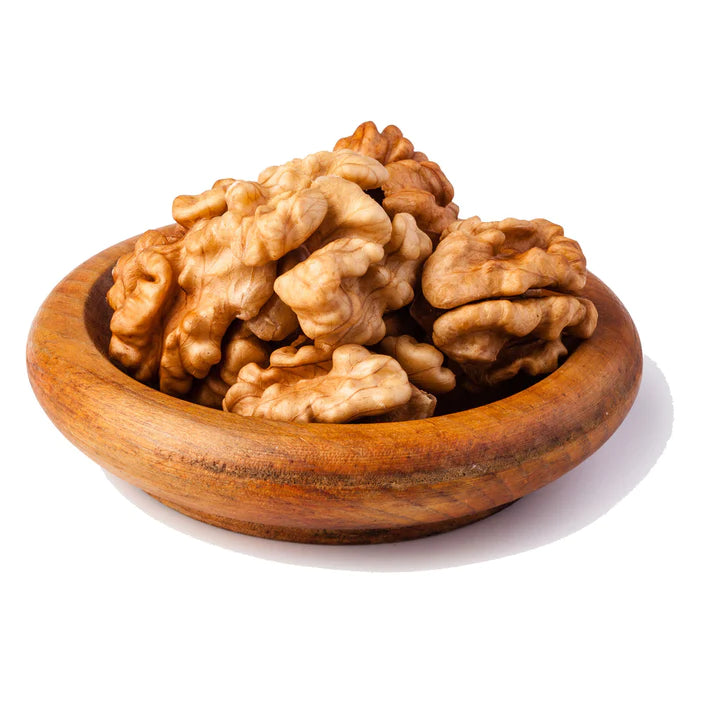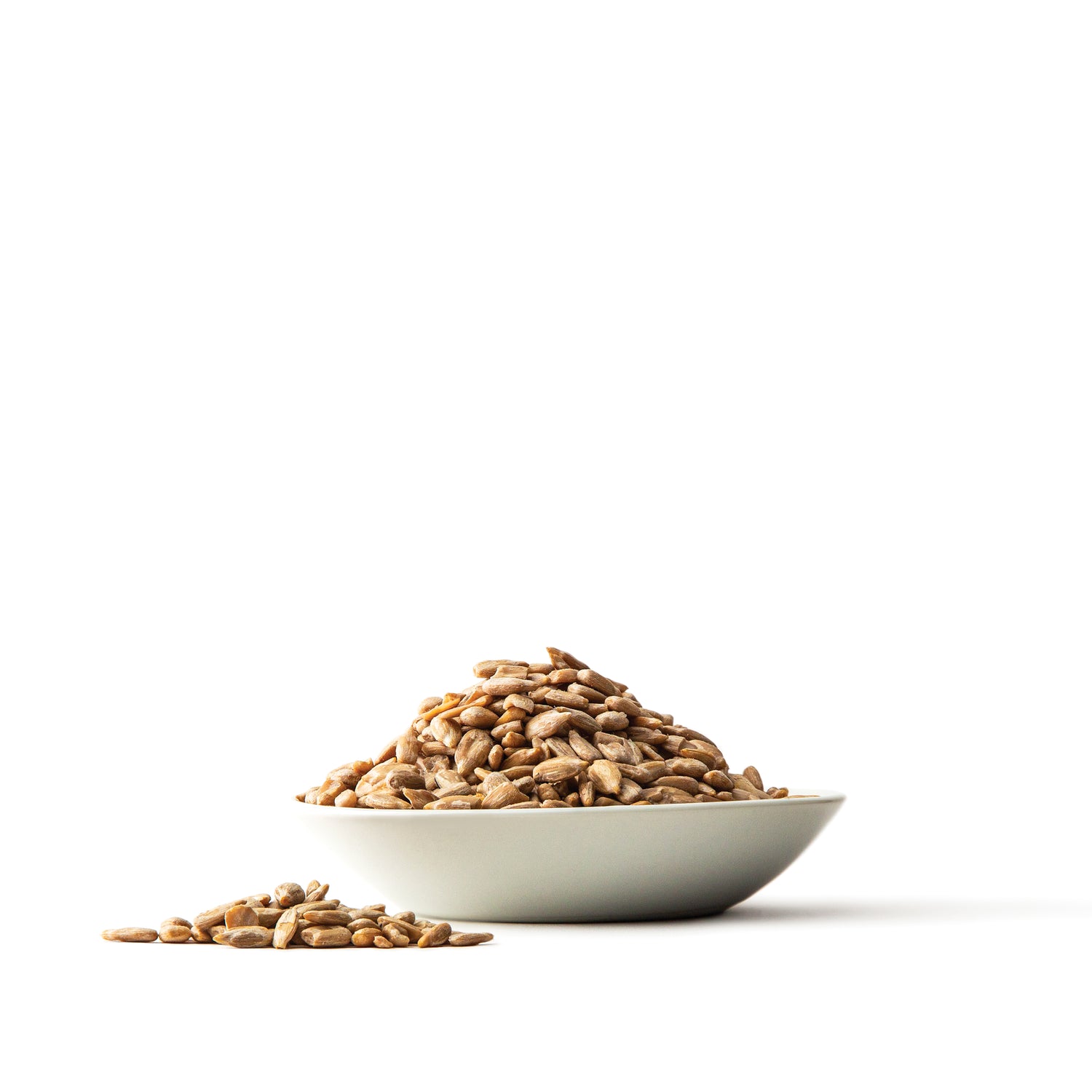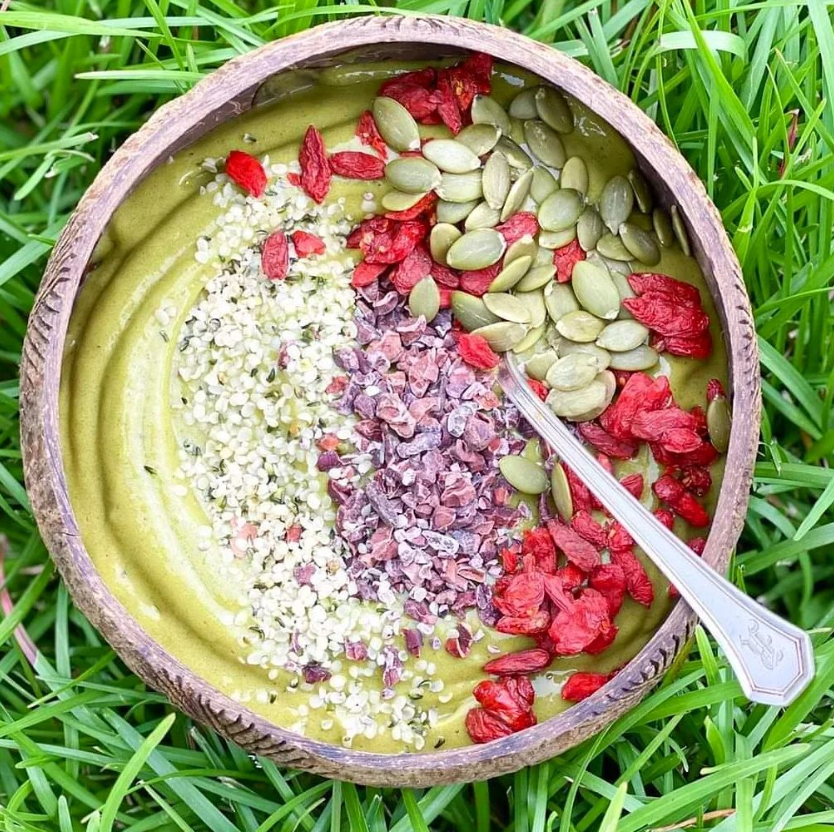Gut health has become an increasingly popular subject, claiming that if you heal your gut, you can heal all ills. While that may be an exaggeration, gut health is extremely important. At this moment, there are millions of bacteria living in and on the body. Now of all times, bacteria are not thought of as a good thing. Yet, many of them are good, even necessary for survival.
Your individual microbiome begins to develop the second you are born as you gain microbes from everything around you. Everything can affect the microbiome from where you live, the food you eat, and even if you are born at home or at a hospital. The microbes serve many purposes, but those in the gut are particularly important.
Gut bacteria aid digestion and fight infection or illness when they are in balance. These good bacteria share what is called a symbiotic relationship with humans, as they are beneficial to us and they also gain benefits themselves. When the balance of the microbiome is thrown off, things can take a turn.
Anything from food allergies, illness, or taking antibiotics can harm the microbiome of your gut. These can kill the good bacteria, which allows bad bacteria to take over. This imbalance can lead to digestive issues such as constipation or diarrhea, irritable bowel syndrome, or a larger issue called inflammatory bowel disease.
There is even some research that gut health is closely linked with mental health. We’ve all heard the expression that someone was ‘worried sick’ but that is actually the truth. Stress on the mind can cause stress in the gut, and possibly the reverse as well. Scientists are still researching the relationship between the gut microbiome and the brain, but it is possible that taking care of one may also be taking care of the other.
Luckily, there are things you can do to support a healthy gut! While probiotic supplements are available in pill, powder, or liquid form, they are not regulated by the FDA. Talk to your healthcare provider before taking any supplements. If you’d like to skip the pills, you can get plenty of natural probiotics from food.
One of the most well-known probiotic foods is yogurt! All yogurt contains probiotics, but many also contain sugars and dyes. If you are dairy-free, there are non-dairy yogurts such as coconut or almond yogurt that also contain probiotics. In a similar vein, you can also eat cottage cheese or Kefir. Kefir is a probiotic-rich dairy beverage that comes in a variety of flavors. If you don’t like these products alone, they can easily be added to a smoothie!
Other foods that offer probiotics include kombucha, a type of fermented tea, pickles, kimchi, or even sourdough bread. Sourdough requires a fermented starter, which is where the probiotics originate. Though it may be a little more difficult, it is possible to make sourdough vegan and gluten free!
Another great way to support the gut microbiome is by supporting it with plenty of fiber. Fiber is important as it aids digestion and feeds the good bacteria that help digest food. Fiber is found in many foods, but vegetables are a great source. Veggies provide vitamins and nutrients along with fiber, and each vegetable offers a different type of fiber. Eating a wide variety of vegetables provides a wide variety of fiber, which is perfect because different bacteria need different fibers.
Your gut microbiome is an incredibly complex and unique part of you, so it is important you take care of it in a way that suits you and your needs. Foods Alive is here to help you every step of the way! We may not offer Kefir or yogurt, but healthy foods like nuts and seeds are great for providing fiber and nutrients. Foods Alive is here to support you in all your health endeavors!
Research
https://www.youtube.com/watch?v=Ybk7E7SLbWw
https://my.clevelandclinic.org/health/articles/14598-probiotics


